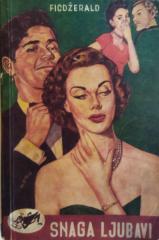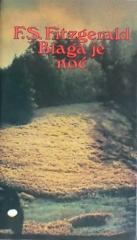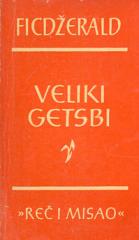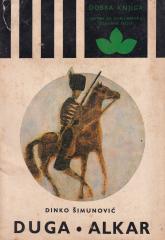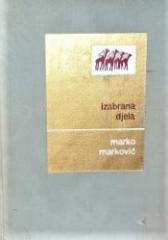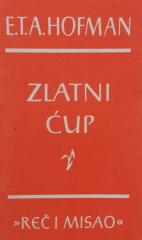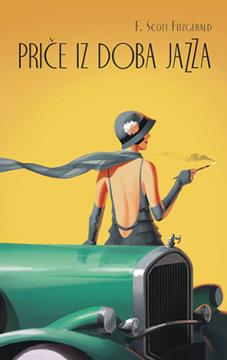
Priče iz doba jazza
F. Scott Fitzgerald, der Bote einer verlorenen Generation, zeichnet in dieser Sammlung von elf Erzählungen ein Bild der Zeit zwischen den beiden Weltkriegen: Hedonismus, der beißt, moralischer Verfall, der berauscht, und Jugend, die wie ein Feuerwerk bren
Francis Scott Fitzgerald zählt zu den berühmtesten amerikanischen (und internationalen) Schriftstellern des 20. Jahrhunderts. Interessanterweise basiert sein Ruhm im Wesentlichen auf einem einzigen Werk, dem Roman „Der große Gatsby“, und dem ungezügelten Lebensstil, den er und seine Frau Zelda in den Goldenen Zwanzigern, der sogenannten Jazz-Ära, pflegten.
Fitzgerald war der erste der großen Schriftsteller seiner Generation (Dos Passos, Faulkner, Hemingway), der über Nacht großen Erfolg erzielte. Er wurde berühmt, mondäne Zeitschriften zahlten ihm astronomische Honorare für seine Geschichten, und als er nach New York zog und Zelda heiratete, wurden sie zu den ersten Prominenten im heutigen Sinne des Wortes. Die modischsten Leute fuhren in den schönsten Autos zu den wildesten Partys oder organisierten sie selbst …
„Geschichten aus dem Jazz-Zeitalter“ ist Fitzgeralds zweite Kurzgeschichtensammlung mit elf Werken, darunter zwei seiner beliebtesten Prosatexte: „May Day“ und „Ein Diamant so groß wie das Ritz“. Dank der Verfilmung von David Fincher ist „Der seltsame Fall des Benjamin Button“ heute wohl die bekannteste Geschichte des Autors.
Die Sammlung zeichnet sich durch zwei grundlegende Merkmale von Fitzgeralds Poetik aus: spielerische Ironie und Melancholie. Insgesamt präsentiert „Geschichten aus dem Jazz-Zeitalter“ ihren Autor als Meister der Kurzgeschichte und zeugt eindrucksvoll von seinem immensen Talent, das er leider viel zu oft den unkontrollierbaren Wellen der Lebensfreuden und -leiden verfallen ließ, anstatt sich einer detaillierten und sorgfältigen literarischen Arbeit zu widmen.
Obwohl Fitzgerald zu sagen pflegte, dass das Schreiben von Geschichten für ihn Prostitution sei, zeigen repräsentative Beispiele – und fast alle sind hier enthalten –, dass er ein Meister der kurzen und noch kürzeren Prosaformen ist.
One copy is available
